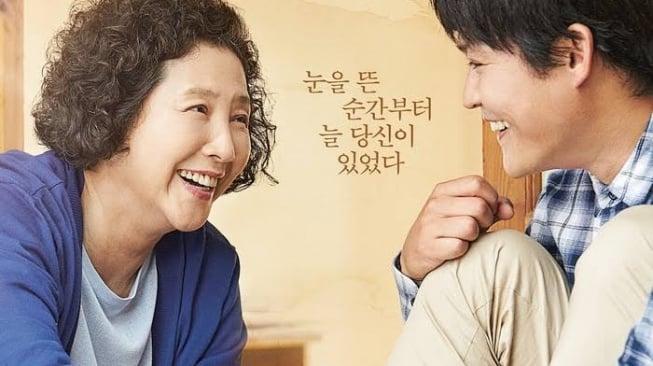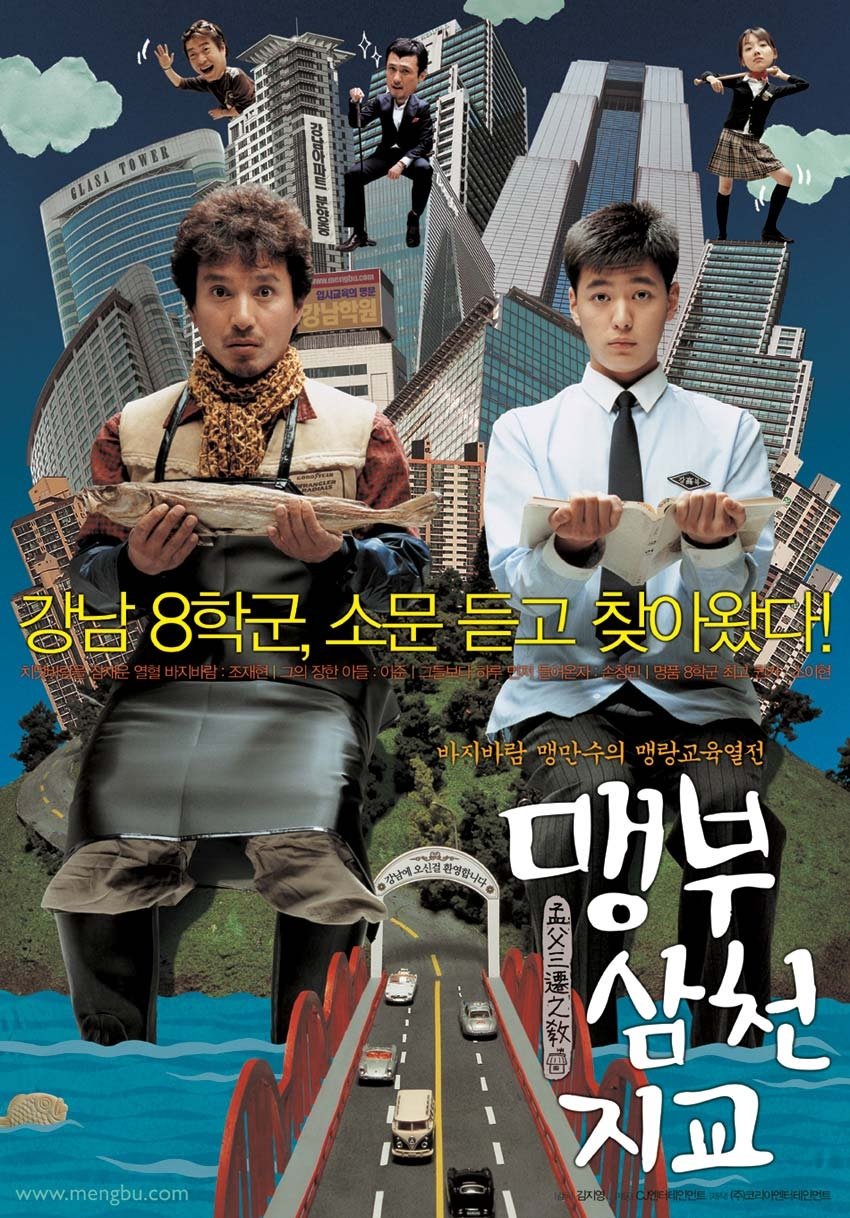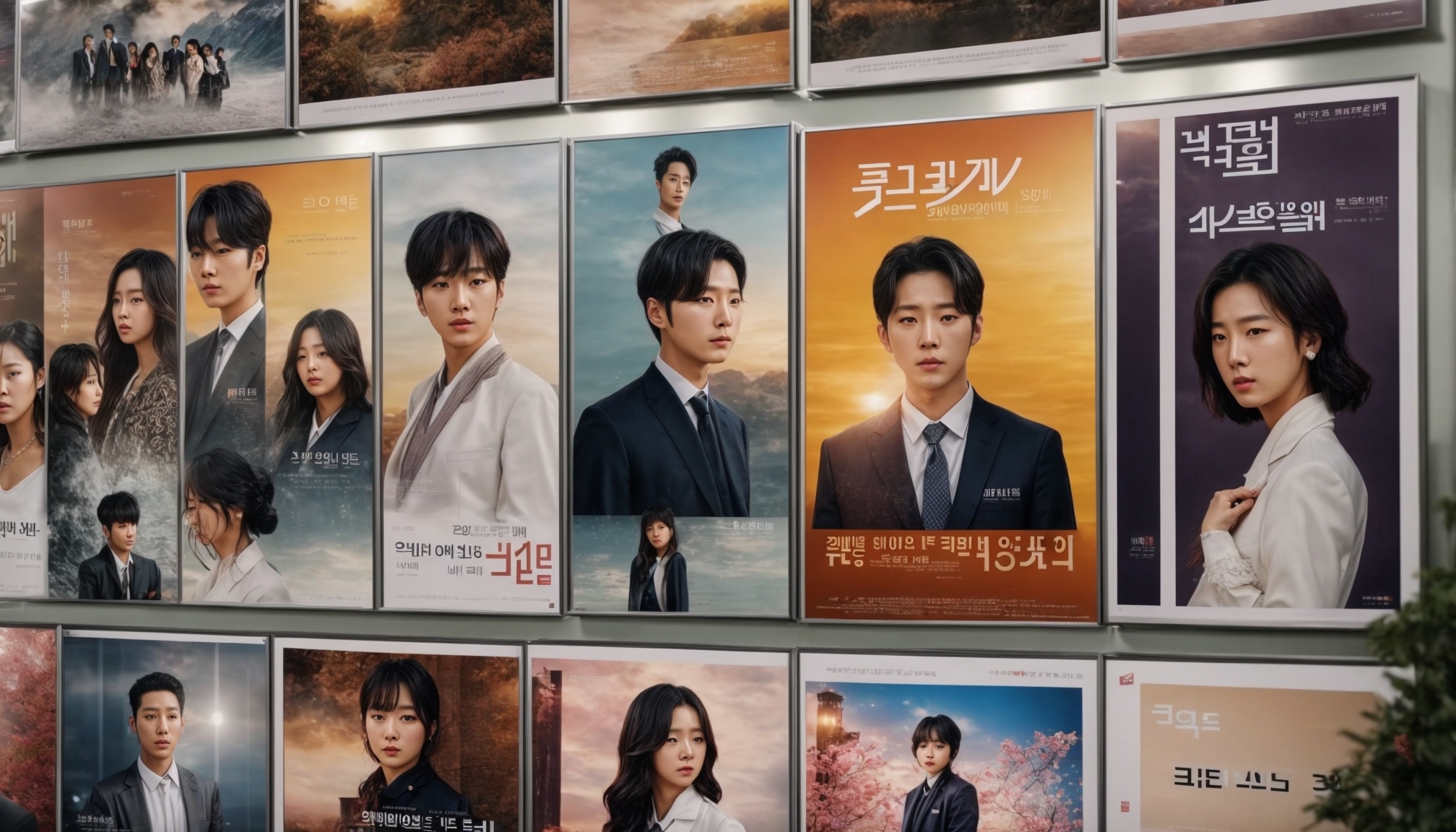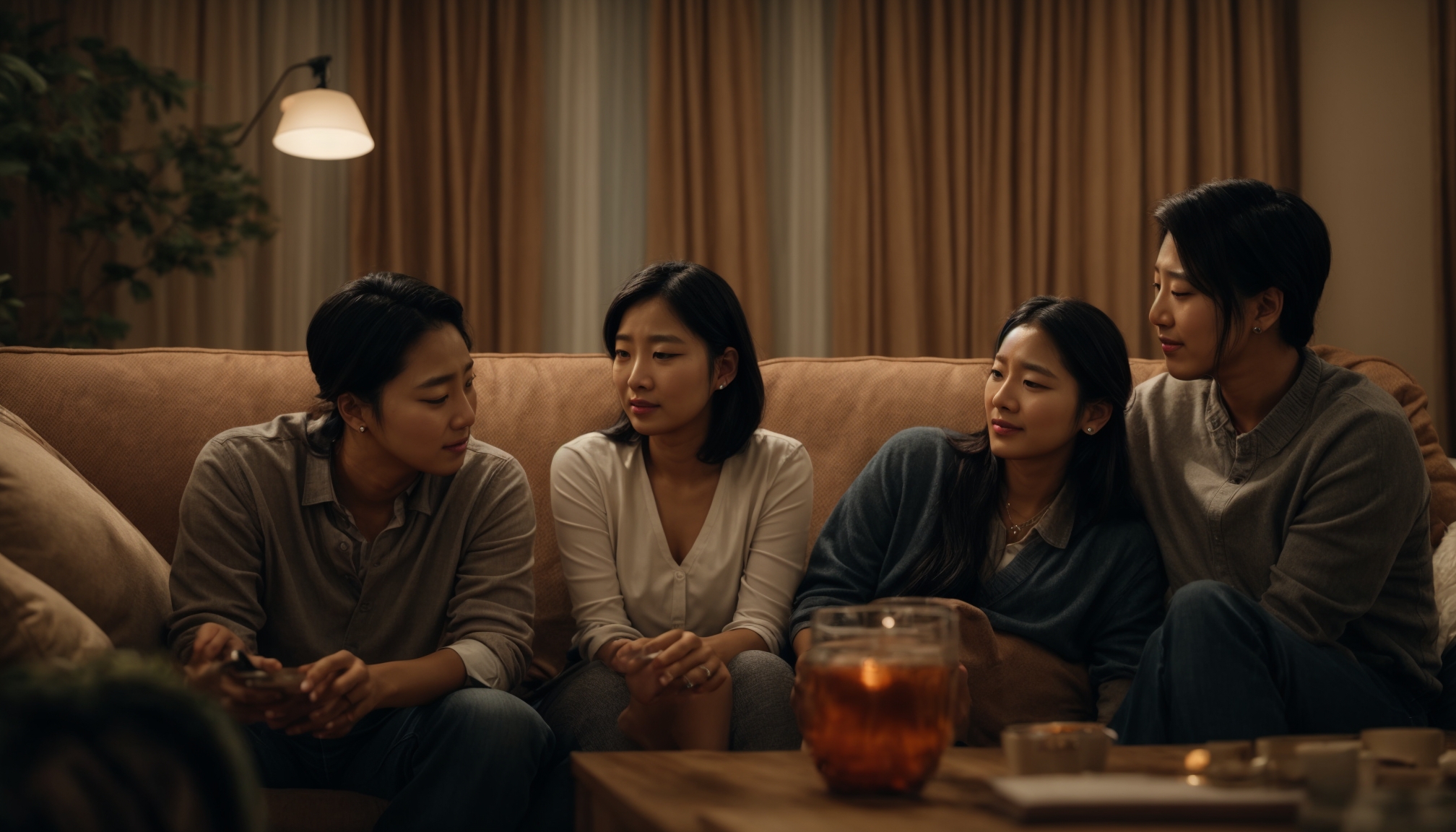Smashing – South Korea continues to release films that capture the emotional complexity of family life, and stories about fathers and sons remain among the most enduring themes. As audiences seek relatable narratives that explore sacrifice, reconciliation, and everyday connection, Korean cinema delivers titles that combine dramatic depth and lighthearted moments. This article highlights six Korean films about father-son relationships that span drama, comedy, and slice-of-life storytelling, offering viewers meaningful reflections on family bonds while maintaining wide appeal. The focus keyphrase father bond appears naturally throughout this piece to reinforce its thematic relevance.
Emotional Anchors in Modern Korean Storytelling
South Korean filmmakers have steadily embraced father bond narratives as a way to examine personal responsibility and shifting family structures. These themes resonate with global audiences who recognize similar struggles within their own households. Each of the selected films portrays father-son relationships through different angles, from heartfelt reunions to humorous misunderstandings. Despite varied genres, all titles reveal how a father bond becomes a central force that shapes identity and emotional growth. By highlighting these stories, the industry reflects a culture that values resilience, communication, and empathy across generations.
1. Miracle in Cell No. 7

This acclaimed drama remains one of South Korea’s most beloved films, portraying a father bond built on innocence and unwavering devotion. The plot centers on a mentally challenged father wrongfully imprisoned and separated from his young daughter. Although not strictly a father-son story, its core message about parental sacrifice has influenced many filmmakers exploring similar relationships. Viewers who appreciate emotional storytelling will find that the father bond acts as the emotional core of the narrative. The film’s impact continues to inspire discussions around justice, caregiving, and unconditional love.
2. The Preparation

This touching drama follows a terminally ill mother preparing her adult son, who has developmental challenges, to live independently after her death. While the storyline focuses on a mother-son dynamic, it has influenced recent father-son films that explore responsibilities and emotional vulnerability within families. The father bond appears indirectly through scenes involving guidance and shared dependence, highlighting how Korean cinema often expands family themes beyond traditional structures. The film encourages audiences to consider long-term care, personal growth, and resilience through stillness and sincerity.
3. My Annoying Brother

A mix of comedy and heartfelt drama, this film stands out for its portrayal of sibling loyalty and parental absence. Although the central story revolves around brothers, the character arcs frequently reference lessons from their late father, creating a subtle but strong father bond throughout the narrative. Viewers witness how past paternal influence continues shaping their decisions, emotional responses, and eventual reconciliation. This title appeals to audiences who enjoy character-driven stories with humor and emotional payoff, making it a valuable addition to the broader family-focused genre.
4. Keys to the Heart

This film explores reconciliation between a washed-up boxer and his estranged family. As the protagonist reconnects with his mother and autistic brother, flashbacks and emotional moments reveal the father bond that once defined the household. The narrative blends comedy, music, and introspective scenes, showing how unresolved past issues influence adult behavior. Korean cinema often uses this structure to create multilayered character development, making the father bond a recurring motif even when it operates quietly in the background. Audiences who prefer inspirational themes will appreciate its hopeful tone.
5. Montage
This suspense-drama shifts the perspective toward crime and investigation while still weaving in strong emotional themes. When a child abduction case reopens years later, the story highlights how families cope with loss and hope. The father bond becomes central as characters revisit painful memories and seek closure. Though darker than the other films listed, it offers a compelling look at how parental instincts persist long after tragedy. Viewers interested in thrillers with emotional depth will find its structure gripping and reflective.
6. Wedding Portrait
This lesser-known but meaningful title focuses on generational roles within families. Through a series of conversations and flashbacks, the narrative uncovers a father bond shaped by unspoken expectations. Audiences witness how cultural norms, work pressures, and personal silence affect father-son connections. By highlighting subtle interactions, the film showcases how everyday gestures can define a relationship more powerfully than dramatic moments. It serves as a grounded representation of Korean family life and appeals to audiences interested in realism and gentle storytelling.
Why These Films Remain Evergreen
Films that highlight father-son relationships continue gaining new audiences because these themes remain relevant regardless of time or place. A father bond often captures universal values such as responsibility, patience, loyalty, and emotional growth. These titles provide material suited for cluster-content strategies, offering potential sub-topics like parenting themes in Korean cinema, emotional well-being represented in film, storytelling trends in Asia, and comparisons between family-centric dramas across decades. Their evergreen nature ensures that new viewers continually discover and discuss them.
The Enduring Appeal of Father-Son Narratives
Korean cinema shows no signs of slowing down in producing films that expand on family dynamics. As filmmakers explore generational tension, supportive relationships, and realistic challenges, they continually refine how a father bond is portrayed on screen. These six films represent only a fraction of the genre, yet they offer meaningful entry points for audiences seeking emotional honesty and relatable storytelling. With evolving cultural conversations around parenthood, communication, and individual identity, father-son narratives remain essential components of both mainstream and independent Korean cinema. Their themes continue encouraging viewers to reflect on gratitude, connection, and the importance of showing affection while there is still time.





